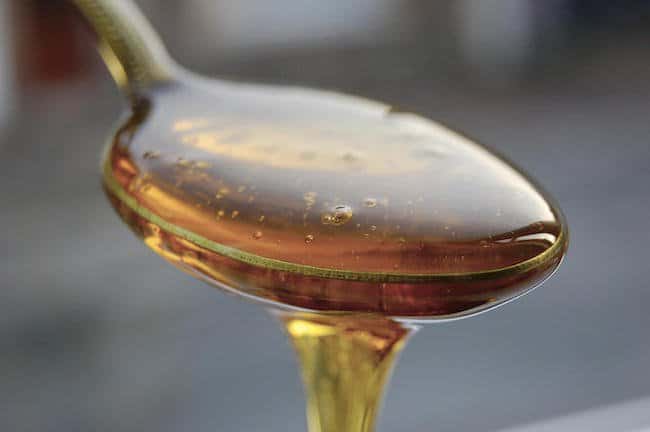
Brown rice syrup is made from brown rice that is soaked, sprouted and cooked with a special enzyme that breaks the starch down into smaller, sweeter carbohydrate molecules. Brown rice syrup has the consistency and look of agave nectar or honey, but is not as thick. Brown rice syrup is not as sweet as other sweeteners, and can have almost a caramel or butterscotch undertone.
Brown rice is considered a healthy food, so if a sweetener is made from a health food, does that mean the sweetener is healthy? Brown rice syrup may have some potential health benefits, but also some not so beneficial considerations as well.
Better for Diabetes?
Diabetics should treat brown rice syrup like other caloric sweeteners, according to the American Diabetes Association. Brown rice syrup is released into the blood stream slower than regular sugar, but it can still raise blood sugar over time.
Brown rice syrup is primarily made of maltose and maltotriose which are further broken down to glucose (blood sugar) molecules. Some people assume brown rice syrup is better for blood sugar compared to sugar because it seems brown rice syrup isn’t as sweet. However, keep in mind brown rice syrup is a source of extra sugar that should be limited.
Antioxidants
A 2009 study from the Journal of the American Dietetic Association analyzed the antioxidant capacity for various sweeteners. Researchers found a significant difference between different types of sweeteners. White refined sugar, corn syrup and agave nectar had the lowest amount of antioxidant amount, and dark and black strap molasses had the highest amount.
Brown rice syrup along with honey, maple syrup and barley malt syrup provided in between the low and high end of sweeteners for antioxidant capacity. Replacing sweeteners low in antioxidants, like refined sugar and corn syrup, for sweeteners higher in antioxidants like brown rice syrup or honey could be beneficial to provide an extra source of antioxidants.
Of course sweeteners are not the only way to get antioxidants; other sources of antioxidants from the diet include fruits, vegetables, teas, dark chocolate, nuts and coffee. Researchers from this study concluded replacing refined sugars with higher antioxidant sweeteners could respectively increase the amount of antioxidants in the diet.
Arsenic?
Rice and rice products have come under scrutiny lately because of concern of inorganic arsenic contamination. Inorganic arsenic is a carcinogen, and arsenic can be found in the soil where rice is grown in certain parts of the country. A Consumer Reports investigation in 2013 expressed concern to the FDA to monitor levels of arsenic in rice products and apple juice.
Rice products from certain areas of the world, like Bangladesh, are thought to have higher concentrations of arsenic than Thailand or India. However, levels of arsenic have been found all over the world. Brown rice is also thought to have more arsenic compared to white rice because the outer shell is left on.
Does this mean you shouldn’t eat brown rice or brown rice syrup? It’s not fully known if or how much arsenic will be in various rice or syrups. It’s always a personal choice when it comes to what food you are going to eat, but as of now eating these foods in moderation is probably best. The FDA should have tighter regulations on arsenic in place hopefully soon.
Uses
According to cooking authority Le Cordon Bleu, using brown rice syrup in place of another sweetener may not be best, as baked goods can come out tough or harder consistency than desired. Brown rice syrup is commonly used as a sweetener in energy bars or harder texture foods because of this reason.
Brown rice syrup can be used for non-baking things like sauces, marinades or added to drinks. Keep in mind brown rice syrup is not as sweet as honey, agave nectar or table sugar. Therefore, when substituting in recipes you often need to use a larger quantity of brown rice syrup to get the same flavor.
Good or bad?
So is brown rice syrup good or bad? It has the option to be either. As with any other sweetener, the biggest question is how much are you using. Brown rice syrup contains glucose and calories like any other sweetener. Even though it may break down slower than refined sugar, it is still a source of glucose that can impact risk for type 2 diabetes and obesity.
A positive for brown rice syrup is it is higher in antioxidants compared to other sweeteners like refined sugar, corn syrup or agave nectar. However, according to a Consumer Reports review, some rice products may have high levels of arsenic in them. Therefore, any rice product may need to be used in moderation.
Brown rice syrup is naturally not as sweet as other sweeteners, so substituting for baking is individualized based on taste preferences.
References used in this article
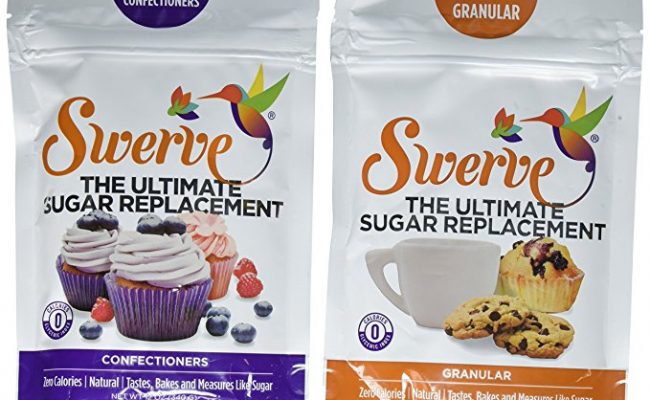


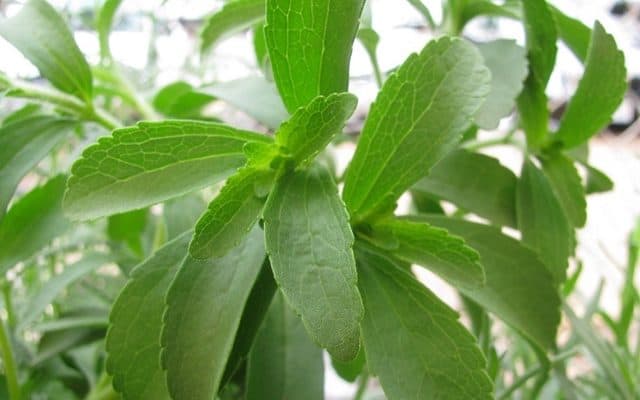

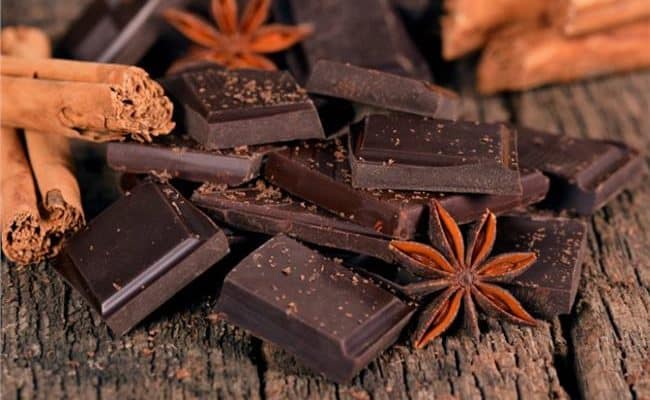
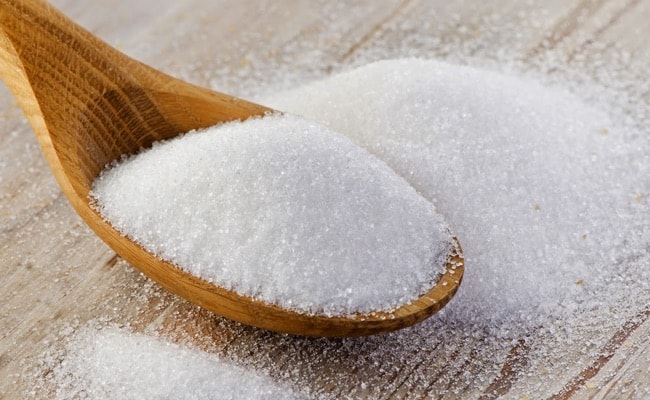
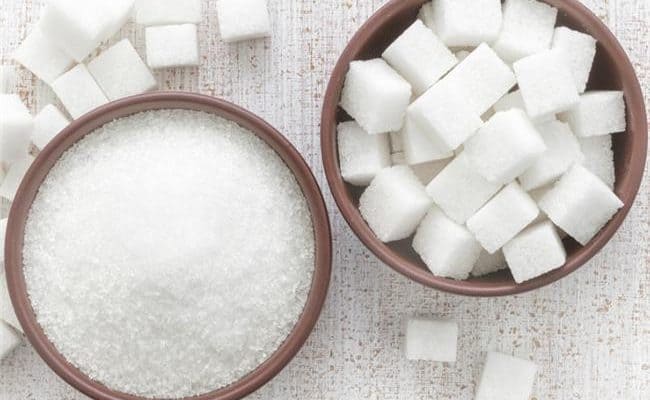
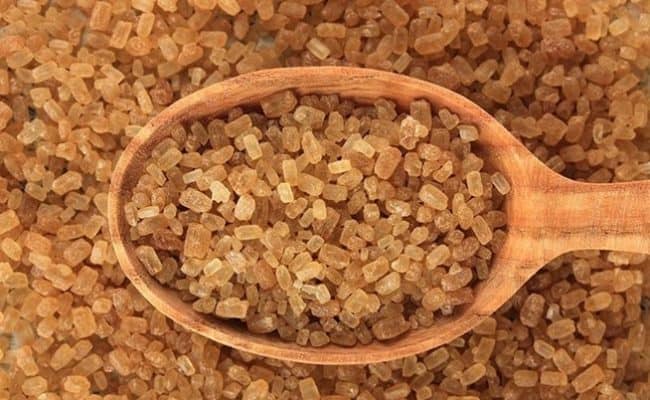


Jim says
nice article. I personally like the organic brown rice syrup a lot.
Chris says
I wanted to add one benefit of this syrup, which is its fructose free, for people on low fodmap diets looking for a sweetener that won’t trigger their IBS. However if the enzyme they use is barley it wouldn’t be safe for coeliacs.